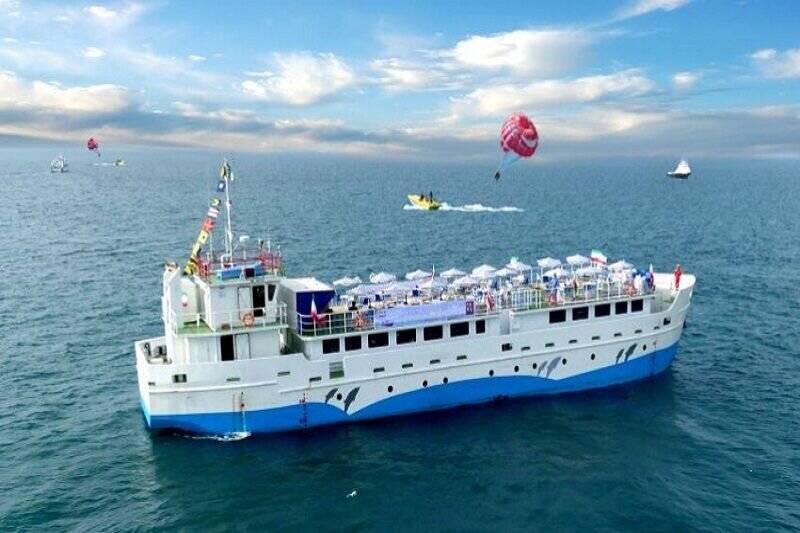TEHRAN – Iran plans to launch a special route for sea busses in the Caspian Sea in the near future, the governor general of the northern Mazandaran province has said.
In addition to transporting domestic passengers, sea busses are possible to offer international voyages from and to the neighboring countries, IRNA quoted Seyyed Mahmoud Hosseinipur as saying on Tuesday.
In the Caspian Sea, such services are not currently available, but providing them could boost maritime tourism there, he explained.
Sandwiched between the towering Alborz mountain range and the Caspian Sea, Mazandaran has a rich yet turbulent history. An early civilization flourished at the beginning of the first millennium BC in Mazandaran (Tabarestan).
Its insecure eastern and southeastern borders were crossed by Mongol invaders in the 13th and 14th centuries. Cossacks attacked the region in 1668 but were repulsed. It was ceded to the Russian Empire by a treaty in 1723, but the Russians were never secure in their occupation. The area was restored to Iran under the Qajar dynasty.
The northern section of the region consists of lowland alongside the Caspian and upland along the northern slopes of the Alborz Mountains. Marshy backlands dominate the coastal plain, and extensive gravel fans fringe the mountains. The climate is permanently subtropical and humid, with very hot summers.
Coastal and maritime tourism
Over the past couple of years, the Islamic Republic has made various efforts to exploit maritime tourism potential by developing hospitality infrastructures, diversifying sea routes, and drawing private sector investors along its vast southern coasts.
Prosperous maritime tourism could help the country to meet its ambitious target of attracting 20 million annual tourists by 2025. It also keeps an eye on tourism developments in the Caspian Sea in the north.
Back in February, the Ministry of Tourism and the Ministry of Transport and Urban Development signed a memorandum of understanding (MOU) to develop maritime tourism and make the best use of its potential on the southern and northern coasts of the country.
Promoting the culture of using the sea as a tool to increase social vitality, developing coastal activities in the form of environmentally-friendly plans and programs, and creating the necessary grounds for cooperation and exchange of knowledge and information were also among the topics of the agreement.


No comments:
Post a Comment